#joseph p. kennedy
Explore tagged Tumblr posts
Text
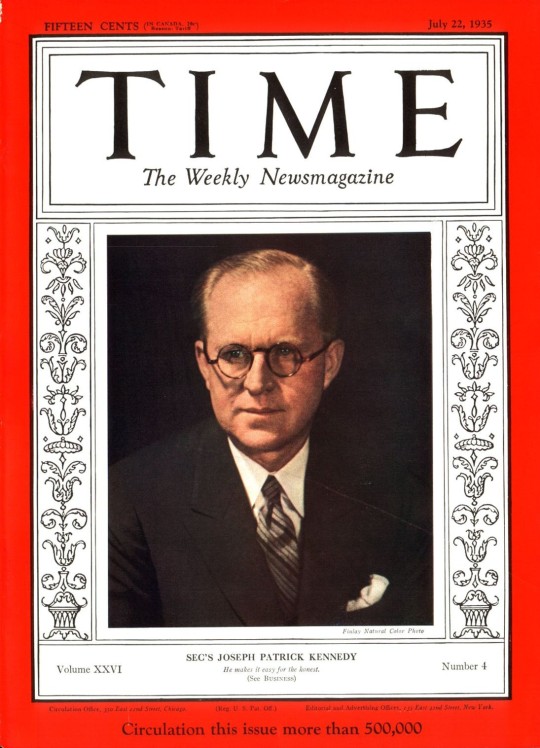
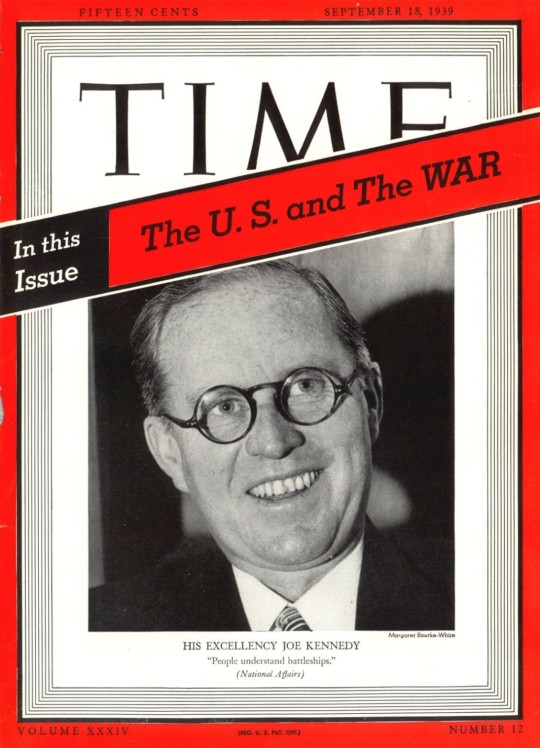

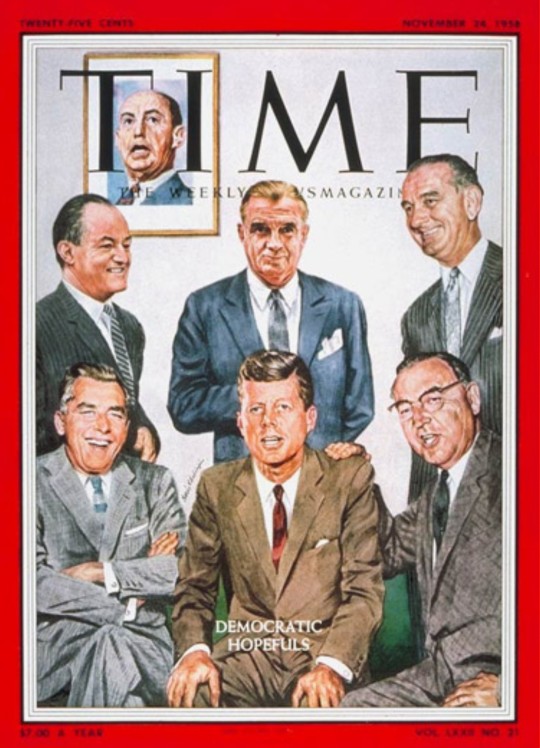

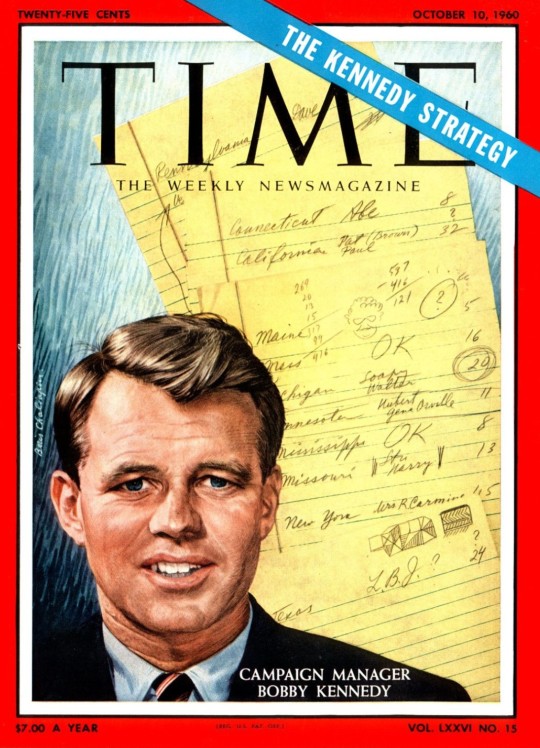

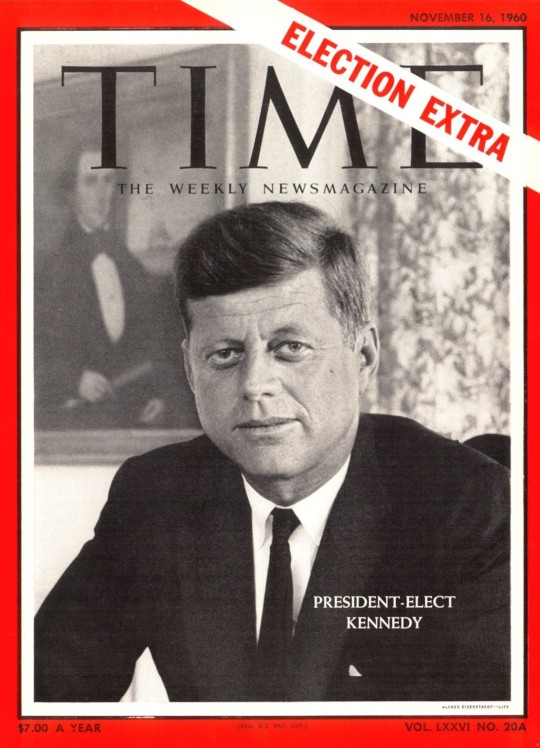
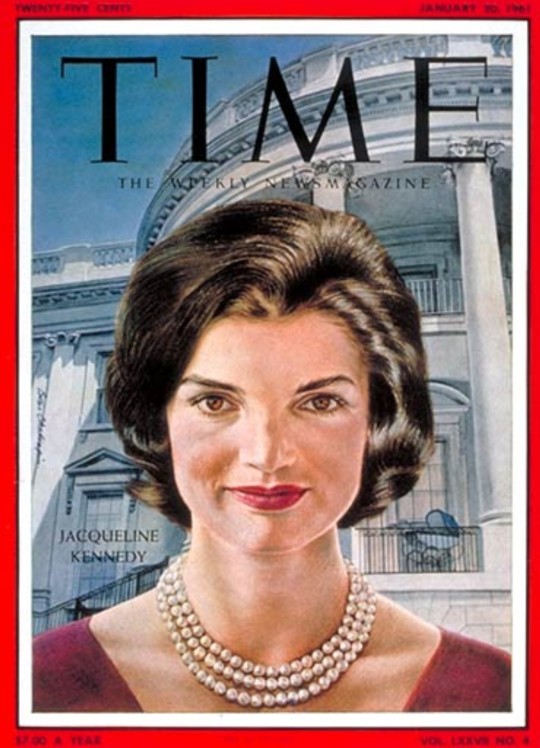


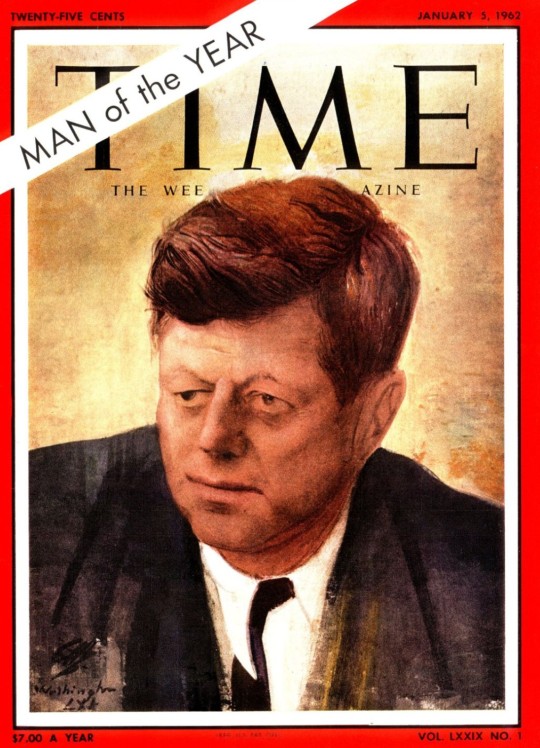

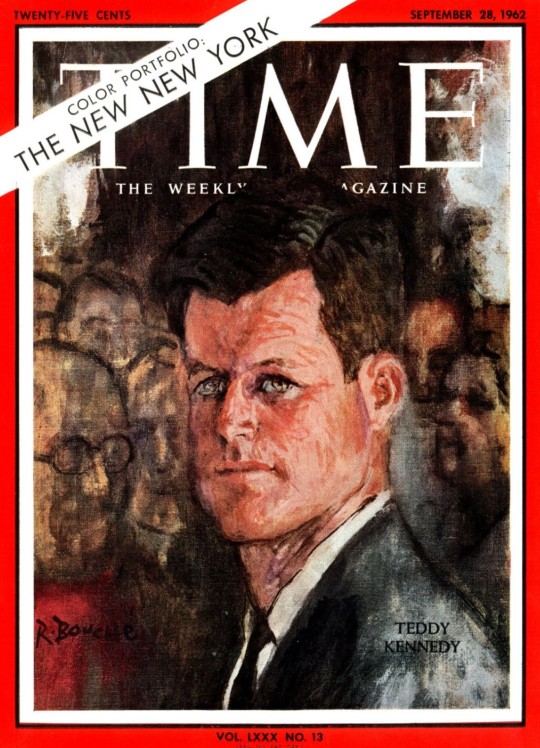
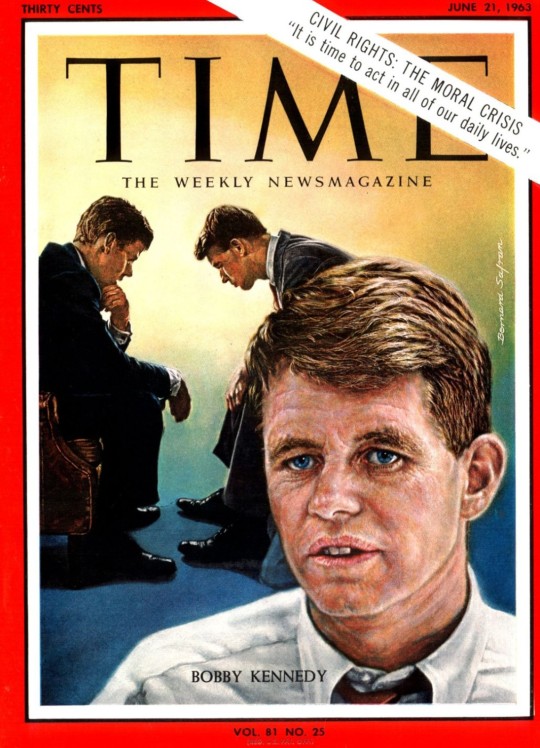

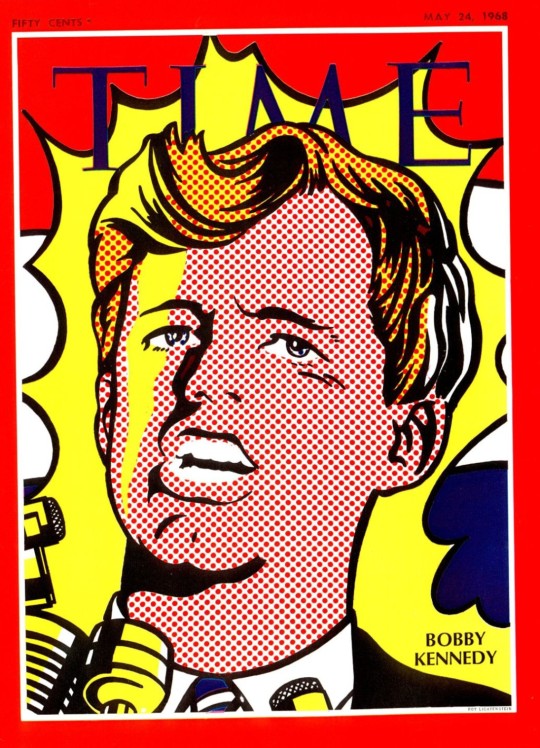

The Kennedys' on TIME Magazine (Part 1/2)
Joseph P. Kennedy, July 22, 1935.
Joseph P. Kennedy, September 18, 1939.
John F. Kennedy, December 2, 1957.
John F. Kennedy (with Democratic Hopefuls), November 24, 1958.
Joseph P. Kennedy, Rose Kennedy John F. Kennedy & Jackie Kennedy, July 11, 1960.
Robert F. Kennedy, October 10, 1960.
John F. Kennedy, November 7, 1960.
John F. Kennedy, November 16, 1960.
Jackie Kennedy, January 20, 1961.
John F. Kennedy, January 27, 1961.
John F. Kennedy, June 9, 1961.
John F. Kennedy, January 5, 1962.
Robert F. Kennedy, February 16, 1962.
Edward M. Kennedy, September 28, 1962.
Robert F. Kennedy, June 21, 1963.
Robert F. Kennedy, September 16, 1966.
Robert F. Kennedy, May 24, 1968.
Robert F. Kennedy, June 14, 1968.
#on the cover#time magazine#the kennedys#joseph p. kennedy#john f. kennedy#ross kennedy#jackie kennedy#robert f. kennedy#edward m. kennedy#ted kennedy#1930s#1950s#1960s
62 notes
·
View notes
Text
Astaire & Rogers and the 1930s Aesthetic Part One: Flying Down to Rio
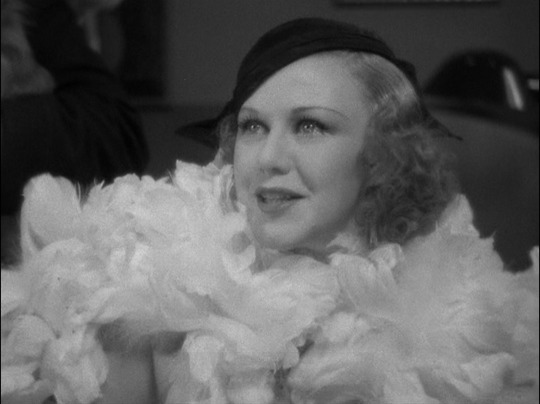
View On WordPress
#"Carioca"#"When Orchids Bloom in the Moonlight"#1930&039;s#42nd Street#Adele Astaire#Albert Chase McArthur#Arizona Biltmore#Cimarron#Claire Boothe Luce#Clark Gable#Dancing Lady#David O. Selznick#David Sarnoff#Dolores del Rio#Film Booking Office of America#Flying Down to Rio#Fred Astaire#Gene Raymond#Ginger Rogers#Gold Diggers of 1933#Hermes Pan#Joan Crawford#Joseph P. Kennedy#Keith-Albee-Orpheum Vaudeville Circuit#KEM Weber#Lela Rogers#M-G-M#Merian C. Cooper#R-K-O Radio Pictures#Raul Roulien
1 note
·
View note
Text


joseph kennedy jr & grandfather pj kennedy, nantasket beach
#jfk#the kennedys#joseph p kennedy jr#joe kennedy jr#john f kennedy#kennedy family#my art!#I use big colored pencils for kids haha
52 notes
·
View notes
Text
Ted Kennedy and Joseph P. Kennedy Jr. in Palm Beach, Florida, December 1939.
Requested by @jfkenndy, colorized by me!

#ted kennedy#edward moore kennedy#teddy kennedy#joseph p kennedy jr#kennedy#kennedyposting#the kennedys#colorization#1939#1930s
22 notes
·
View notes
Text
Joseph P. Kennedy Sr.

Physique: Sturdy, somewhat stocky build Height: 5'10" (178 cm)
Joseph Patrick Kennedy Sr. (September 6, 1888 – November 18, 1969), the granddaddy of American political dynasties, was not just a businessman, investor, philanthropist, and politician but also a certified panty-dropper of his time. Born on September 6, 1888, in Boston, Massachusetts, this Irish Catholic lad from humble beginnings climbed the ladder to sit atop the world of wealth and influence.





After gracing the halls of Harvard with his presence in 1912, where he no doubt charmed many a blushing co-ed with his economics degree, Joe jumped into banking before diving headfirst into a smorgasbord of industries. He made a killing in the stock market, which was just the beginning of his financial escapades. He then became one of Hollywood's first millionaires, not just for his business savvy but let's be real, because he was probably smoldering in a suit while producing films.
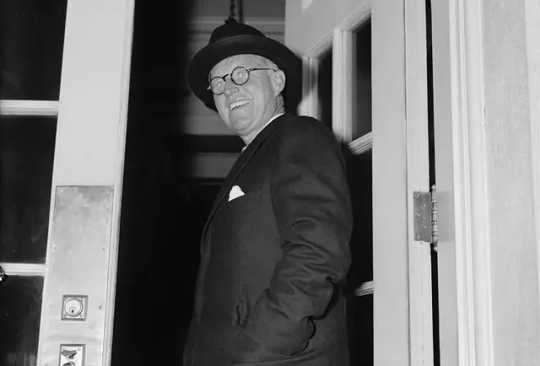


He capitalized on the end of Prohibition by diving into liquor importation, which, let's face it, was probably just an excuse to throw some epic parties where he could show off his charm. Appointed by FDR as the first chairman of the SEC, he cleaned up Wall Street, but not before making a fortune there himself.



As U.S. Ambassador to the United Kingdom, he was known for his controversial views, but let's focus on the fact that he had the kind of charisma that could make even the Queen blush.





Married to Rose Fitzgerald, the couple had nine children, but Joe's extracurricular activities were more like a full-time job. He had a Rolodex of romantic escapades that would make most blush, from dazzling Hollywood starlets like Gloria Swanson and Marlene Dietrich to allegedly dipping his toe in the girlfriend pool of his own sons. His nine-year affair with his secretary, Janet Des Rosiers? That was just him keeping it professional, I guess.

Joseph P. Kennedy Sr. left this world on November 18, 1969, in Hyannis Port, Massachusetts, after a stroke in 1961 turned him from a lion into a lion in winter. But let's not focus on that; let's remember him in his prime - a man who could finance a dynasty, charm the pants off of anyone, and still have the energy to make history.
21 notes
·
View notes
Text

In terms of attractiveness and sexiness, John Kennedy and his brother Robert have always seemed to me to be rather overrated. Their father is a hundred times more attractive and sexier.
33 notes
·
View notes
Text
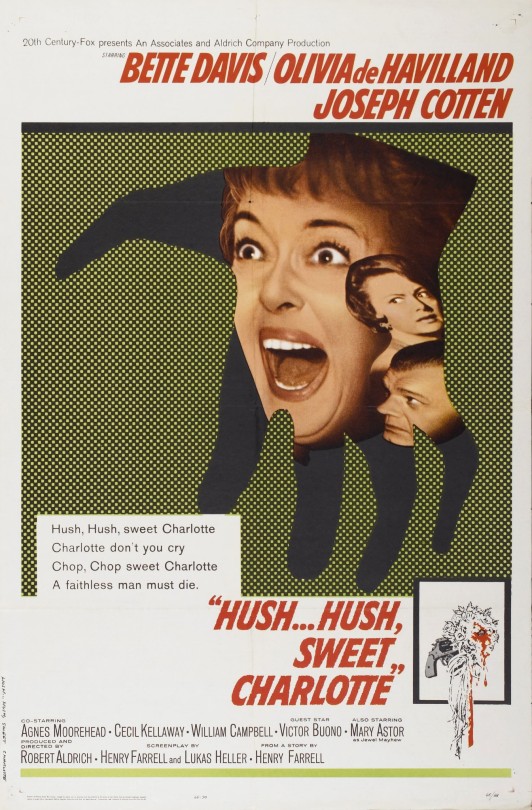

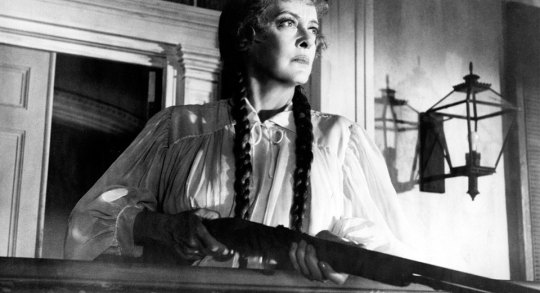
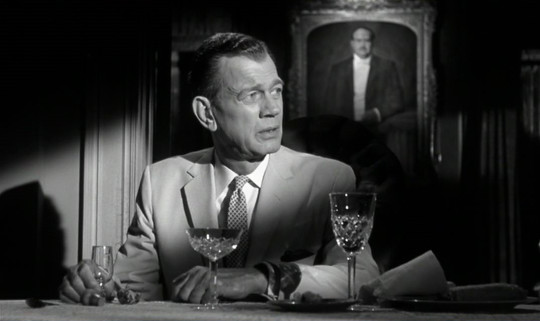
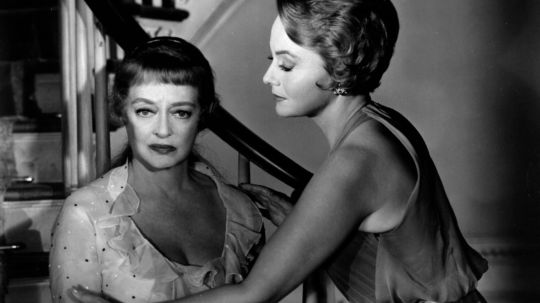
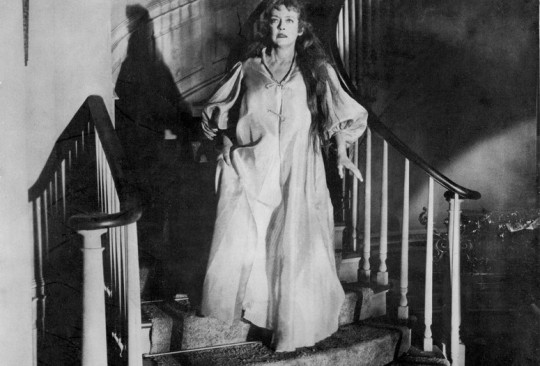
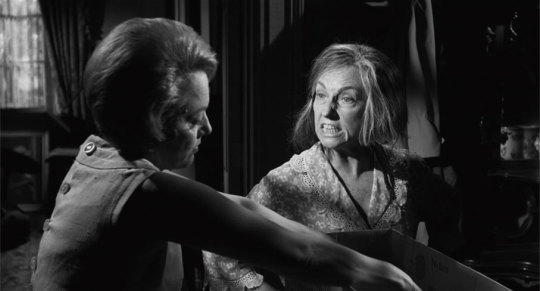
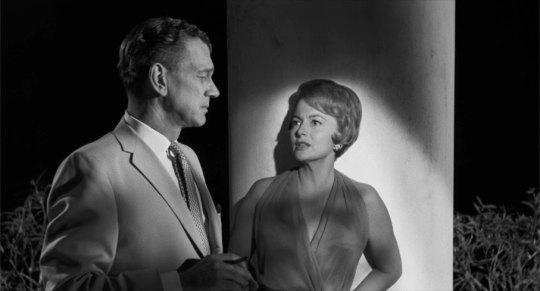
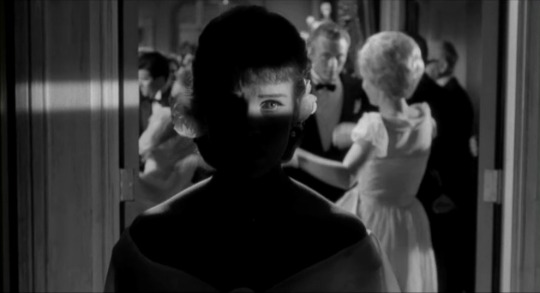
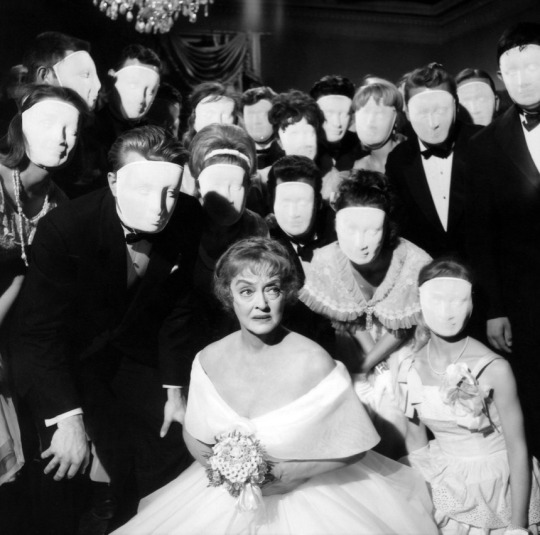
Hush...Hush, Sweet Charlotte (1964)
"Miriam? He really... isn't here, is he? Just now, I thought I heard... sometimes at night, when I wake up, it seems as if he really is here. Don't turn on the light. It's not real when it's light. It's only real when it's dark - dark and still."
#hush...hush sweet charlotte#hush...hush‚ sweet charlotte#robert aldrich#1964#american cinema#lukas heller#henry farrell#bette davis#olivia de havilland#joseph cotten#agnes moorehead#cecil kellaway#victor buono#mary astor#wesley addy#william campbell#bruce dern#george kennedy#frank ferguson#frank de vol#Aldrich's follow up to Baby Jane reunited him with star Davis (and initially Crawford‚ until she left the project under a cloud; she can#just about be glimpsed in one of the long shots of cousin Miriam arriving at the house by taxi) and even provides a cameo for Baby Jane co#star Buono. the rest of his cast is also notably starry: de Havilland‚ Cotten‚ Moorehead‚ even a genuine cinematic legend like Astor not to#mention a pre fame Dern and Kennedy. sadly all that increased star power doesn't translate to a film even better than its predecessor#this is solid‚ a strong and sweaty gothic grotesquerie‚ but it's a little flabby and nowhere near as sharp or as honed as Baby Jane was#Davis often goes very large and brushes caricature more than once with her faded Southern belle but to give her her dues there are other#moments of true heartbreaking beauty in her performance. de Havilland is also very strong altho maybe tips her hat a little soon in#revealing the true personality lingering beneath the surface of her mysterious outsider. Aldrich is as strong as ever helming a killer#fantasy sequence... tbh the more i think about it the kinder my memory of this becomes. it has just one main flaw and that's that it isn't#Baby Jane. but then what is? Aldrich never quite hit those heights again (tho he did some p great work) and this is a commendable try
32 notes
·
View notes
Text






The wedding of Robert F. Kennedy and Ethel Skakel Kennedy - June 17, 1950.
#Robert F. Kennedy#Ethel Kennedy#John F. Kennedy#Patricia Kennedy Lawford#Eunice Kennedy Shriver#Jean Kennedy Smith#Ann Skakel#Rose Kennedy#Joseph P. Kennedy Sr#Kennedy Weddings
34 notes
·
View notes
Text

Joe Kennedy III.
#joe kennedy#Joseph P. Kennedy III#kennedy#ginger#I love redheads#hunky#irish lads#politicians#kennedy family#dlf
7 notes
·
View notes
Text
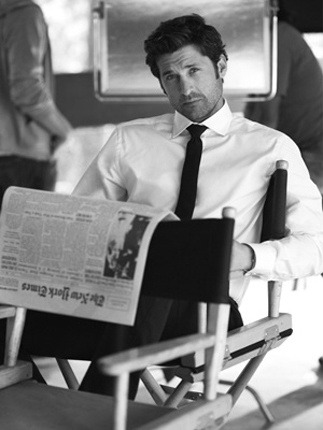
This picture is extremely JFK-Coded. But I really want to know why they chose Patrick Dempsey to play him considering there is truly no resemblance in appearance to young Jack. Unless I'm the one who's missing the mark here? Even though my McDreamy here looks absolutely NOTHING like my other McDreamy, a little birdie told me he played the role quite well and managed to capture Jack's frail health and the "rowdy party boy" persona encapsulated during his early days, despite being presented with the obvious setback in difference of appearance and all. So for that reason alone I am going to watch it! If anyone see's this and has watched JFK: Reckless Youth, feel free to let me know what you thought about it or any comments you have on it because I am genuinely curious now. (Without spoiling anything major-if there is anything major to spoil, of course!)
#still on like season two of grey's.. oopsies!#anyways i will always LOVE you. my favorite attending neurosurgeon#despite you continually treating addison like total garbage even after rejecting and NOT picking. choosing. or loving meredith!#what's up with that anyways!! i feel like im the only one silently rooting for a derek x addison marriage redemption moment!#yk what.. what am i even talking about#also i feel like i never make posts like these just ranting about random stuff#i'll shut up now#anyways if ANYBODY does end up seeing this.. please do share! :)#wait am i even supposed to tag this post.. i also have to think abt who must have starred in it too.#jfk#john f. kennedy#john fitzgerald kennedy#john f kennedy#jack kennedy#jfk reckless youth#patrick dempsey#kennedyposting#kennedy ask#the kennedys#the kennedy family#kennedys#kennedy#kennedy family#bobby kennedy#kick kennedy#kathleen kennedy#joseph p. kennedy jr.#joe kennedy jr#joe kennedy#joseph kennedy
19 notes
·
View notes
Text
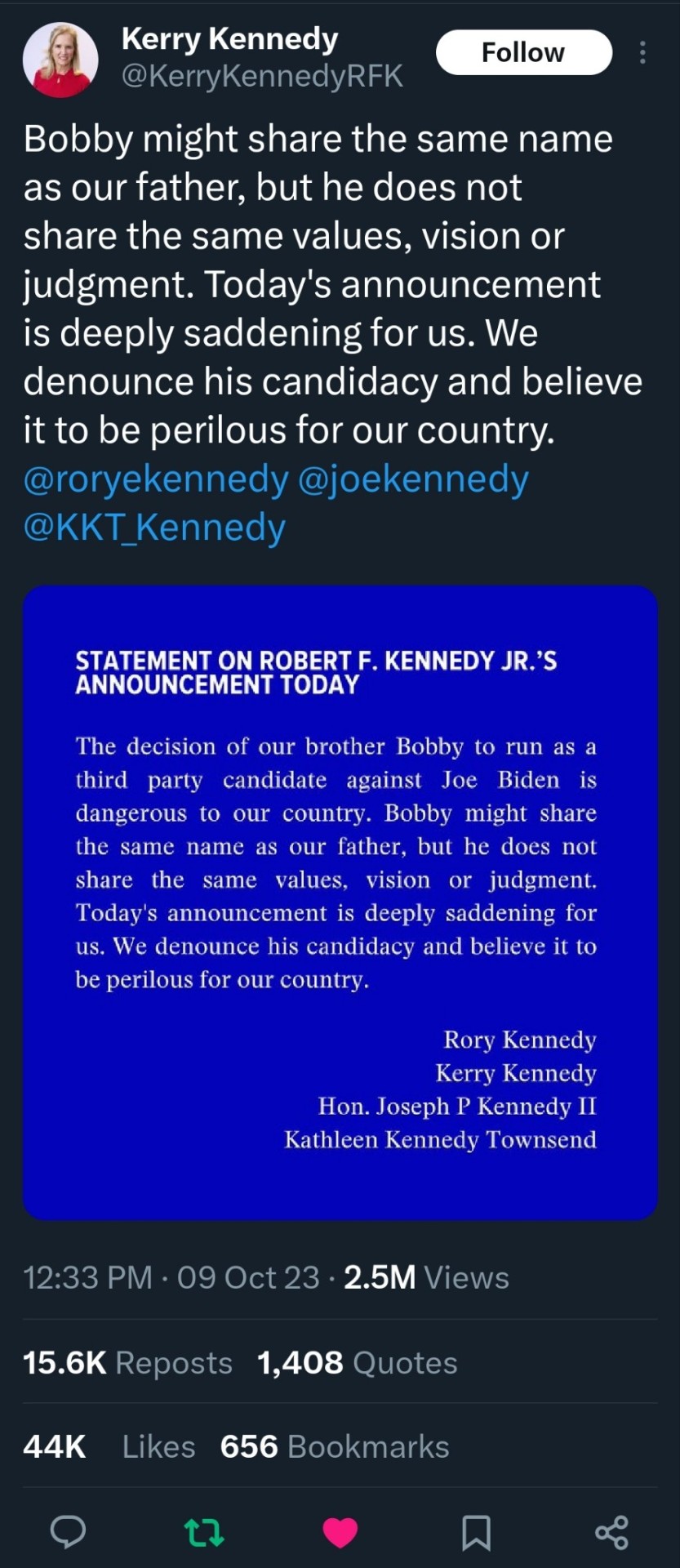
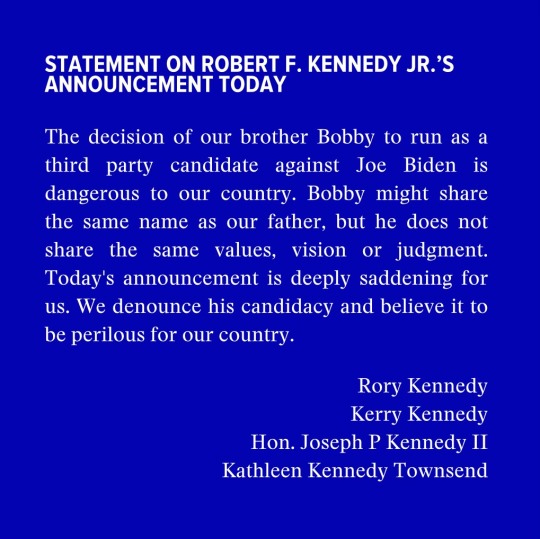
His whole family thinks he's a whack-job.
#Robert F Kennedy Jr#Kerry Kennedy#Rory Kennedy#Joseph P Kennedy II#Kathleen Kennedy Townsend#Joe Biden#politics
8 notes
·
View notes
Photo
Joseph P. Kennedy Jr. holding two puppies at the Jay-6 Ranch, Arizona, circa 1936.
Joseph P. Kennedy Jr.
Joseph Patrick Kennedy Jr. (25 de julho de 1915 – 12 de agosto de 1944) foi um tenente da Marinha dos EUA . Ele era um membro da família Kennedy e o mais velho dos nove filhos de Joseph P. Kennedy Sr. e Rose Fitzgerald Kennedy . Durante a Segunda Guerra Mundial , Kennedy foi morto em ação enquanto servia como piloto de bombardeiro de patrulha terrestre, e postumamente recebeu a Cruz da Marinha .
O pai de Kennedy tinha aspirações de que ele se tornasse presidente dos Estados Unidos . Kennedy foi um delegado da Convenção Nacional Democrata de 1940 e planejou concorrer a uma cadeira na Câmara dos Representantes dos EUA após seu serviço militar como o primeiro trampolim no caminho para a presidência. A morte de Kennedy enquanto participava da Operação Afrodite em 1944 fez com que seu pai transferisse suas aspirações para seu outro filho, John F. Kennedy , que seguiu o caminho planejado primeiro para seu irmão mais velho , avançando da Câmara para o Senado dos EUA e depois para a presidência.

143 notes
·
View notes
Text

i would let Joe Kennedy Sr do insane things to me. He was so hot in his prime
14 notes
·
View notes
Text
These moments will be forever remembered💖💝❤️✨️
#Joseph P. Kennedy Sr#Rose Kennedy#Eunice Kennedy Shriver#Jean Kennedy Smith#John F. Kennedy#Robert F. Kennedy#Patricia Kennedy Lawford#Sargent Shriver#Edward M. Kennedy#Jacqueline Kennedy#Ethel Kennedy#Peter Lawford#Lem Billings#Bobby Shriver#Sydney Lawford#Caroline Kennedy#John F. Kennedy Jr#Rosemary Kennedy#Kathleen Kennedy Cavendish#Joseph P. Kennedy Jr#Stephen Smith#Joan Bennett Kennedy#Kathleen Kennedy Townsend#Courtney Kennedy#Maria Shriver#Bobby Kennedy Jr#Kerry Kennedy#Joe Kennedy II#David Kennedy#Michael Kennedy
19 notes
·
View notes
Text

JFK and Jackie Kennedy arrive at St. Mary’s Hospital in West Palm Beach to visit Joseph P. Kennedy following his stroke. December 20th, 1961.
#jackie kennedy#jfk#vintage#icons#the kennedys#jackie o#1960s#60s#60s icons#john f kennedy#60s vintage#60s women#60s photography#60s fashion#1960s fashion#1960s photography#1960s style#jacqueline kennedy#jackie onassis#vintage beauty#west palm beach#1960s icons#us president#us politics#us history#first lady#american couple#vintage americana#american president#american vintage
78 notes
·
View notes
